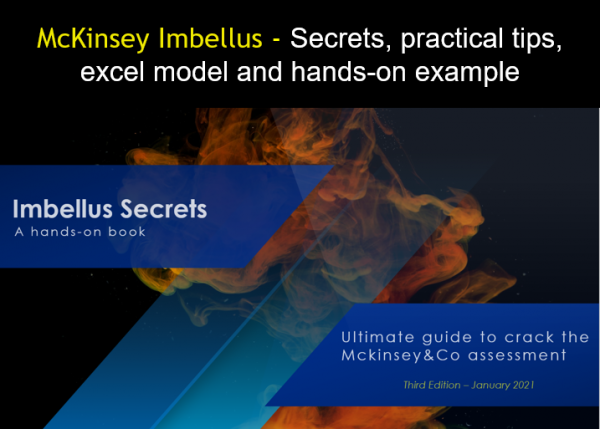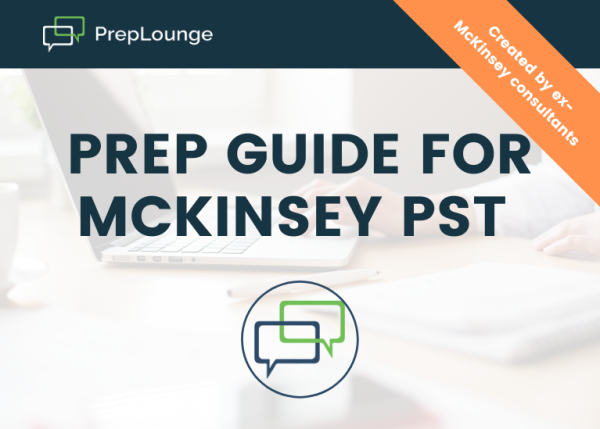Could someone share examples of successful PEI stories they have heard around managing conflict in a team?
Thanks Ken. Do you have a good example of one in a professional work setting (ie boring old finance job) that’s not military/sport etc? The example I’m thinking of using is when I worked in a small office and there was an underperforming junior employee (not my direct report) who basically didn’t meet deadlines or respond to feedback and was causing a tense environment in the office. I stepped in to coach and mentor her to make her more useful for the office. The conflict part is that she would raise her voice when she was given feedback by me or other more senior team members.. What do you think?












